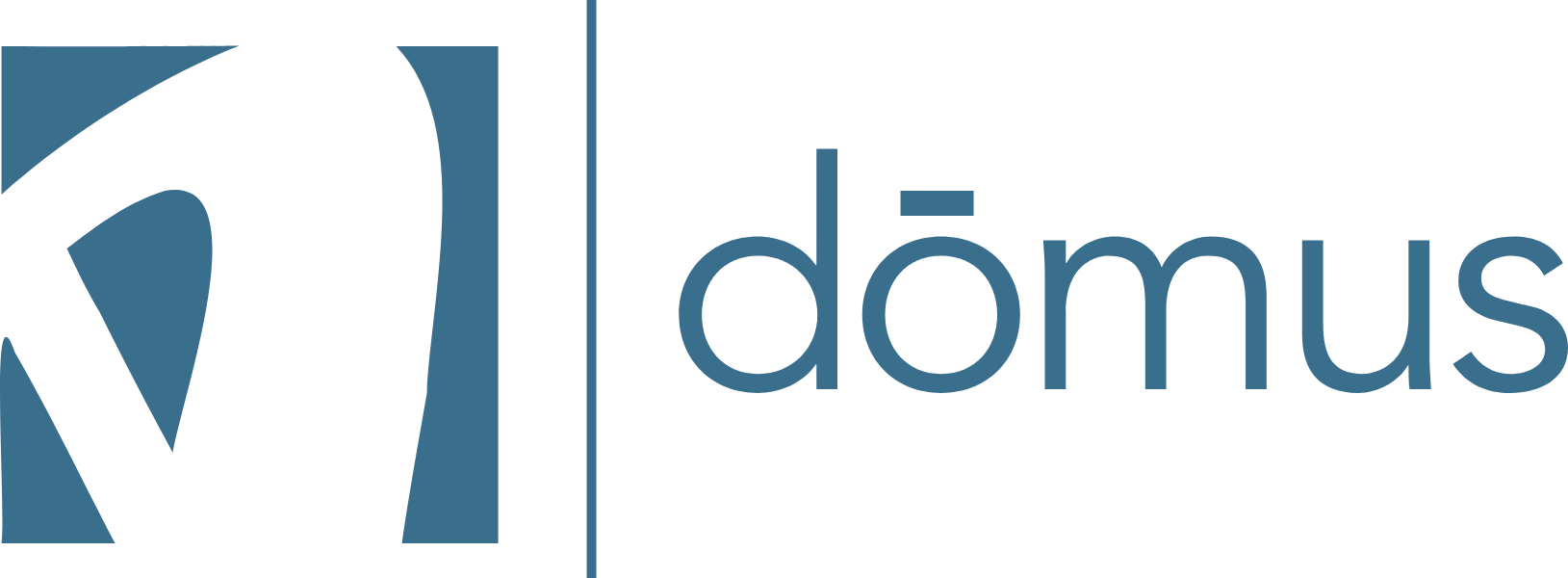
The Heart of a Healthy Workplace: Nurturing Mutual Satisfaction for Success
December 27, 2023
What Employers Should Focus on — Building an Environment of Mutual Satisfaction
March 8, 2024Fostering strong relationships, nurturing loyalty, and creating an accepting atmosphere are essential for cultivating a positive workplace. However, if, like many employers, you casually label your workplace as a “family” in pursuit of these objectives, it may be work taking a moment to reconsider.
The key to cultivating happy and productive employees and long-term connections between organizations and employees lies in mutual satisfaction, a scenario where both employers and employees feel fulfilled. This blog marks the second in a series of three delving into this topic.
So, how do you work toward mutual satisfaction? Let’s look at two key strategies: enabling a healthy work/life balance and providing opportunities for professional growth.
Enabling a Healthy Work/Life Balance offers multiple benefits for employers, including reduced sick time, lower turnover, and improved productivity. In one survey, 90% of employee respondents said work/life balance is an important aspect of their job — right behind financial stability at 91%.
One great way to help support a positive work/life balance is with flexible work arrangements. In a 2022 employee survey on the benefits of working remotely, the top three responses were all related to work flexibility. Various flexibility options include:
- Location flexibility — including remote work, hybrid options, and snowbird programs
- Scheduling flexibility — think flextime, compressed workweeks, shift work, part-time schedules, staggering shifts, and job sharing
Providing Opportunities for Professional Growth is another powerful way to promote mutual satisfaction. A whopping 76% of employees are seeking opportunities to advance their careers. That means a lot of your people are planning their growth in someone else’s organization if they don’t see opportunities in yours. Keeping valuable employees engaged, motivated, and focused on your company’s goals by helping them achieve their own goals is good for both of you.
Does it really pay off? Companies that invested in employee development gained a 58% boost in retention — and in one survey, 94% of employees said they’d stay at a company longer if it invested in helping them learn.
To support your team’s desire for growth, create a culture of internal mobility. Offer training programs and tuition reimbursement for skill expansion. Recognize and reward their initiative, helping them apply their new skills effectively.
In addition, regular one-on-ones with management or mentors provide a platform for employees to share their goals, ideas, and progress. Let your employees take the lead and consider it a growth tool, not just a work status meeting.
Keep in mind that while you may view your employees as family, what they really want is to be shown that they’re valued — and aiming for mutual satisfaction is the smart way to do it. Let Domus’ Lisa Samara guide your organization in the right direction. Reach out for a conversation.




